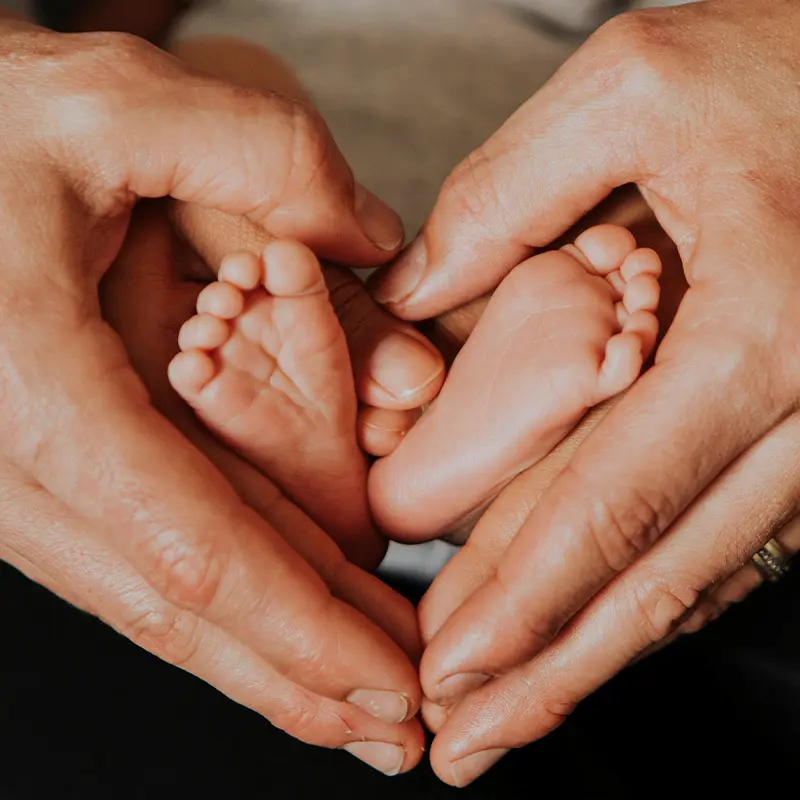Instruction of May 1, 2025 on Surrogacy: rights and practice

1. The Instruction and Its Hierarchical Limits
An instruction in Spain is an internal administrative act (art. 6 Law 40/2015); it cannot restrict fundamental rights or override superior norms (art. 9.3 CE). By prohibiting any consular registration, the DGSJFP:
- Prevents automatic acquisition of nationality “iure sanguinis” (Art. 17 CE) where there is a genetic link.
- Contradicts Supreme Court case law (STS 277/2022) which, while condemning surrogacy, orders registration of the biological father to protect the child.
2. What Really Changes?
Surrogate's country:
Consular registration before 1-5-2025?
Situation after the 2025 Instruction
US & Canada: Yes, with a local birth certificate already including the parents.
No longer accepted: a genetic link must be proven or an adoption carried out in Spain (Ukraine, Georgia, Albania, Armenia, Kazakhstan, etc.)
No since the Instruction of 18-2-2019: only local passport + affiliation procedure in Spain.
No change: the 2025 instruction consolidates the judicial or administrative route already started in Spain.
Partial conclusion: the “radical change” only applies to North American cases; for the rest of reproductive tourism, nothing has changed since 2019.

3. Violated Rights of Parents and Children
Parents:
- Family life (Art. 18 CE, Art. 8 ECHR)
- Free movement (Arts. 20–21 TFEU; CJEU case V.M.A., C-490/20)
- Equality (Art. 14 CE, Art. 21 EU Charter): the instruction discriminates against surrogacy families compared to other foreign births.
Children:
- Identity and nationality (Arts. 7–8 CRC): risk of statelessness for months.
- Family life (Art. 8 ECHR): the ECtHR condemned France in Mennesson and Labassee (2014) for a similar ban.
- No discrimination based on origin of affiliation (Art. 2 CRC; Art. 24.2 CE)
4. Risks for the Spanish State
Area | Expected consequence | Legal basis
Administrative court | Nullity due to hierarchy of norms and improper retroactivity | Arts. 26 & 47 Law 39/2015
Constitutional appeal | Violations of Arts. 14, 18, 39 CE
ECtHR | Condemnations under Arts. 8 & 14 ECHR; Mennesson, Labassee precedents
EU | Breach due to hindrance of free movement of EU citizen children
State liability | Compensation (travel costs, visas, moral damage)
Reputation | Criticism by UNICEF, UN Committee on the Rights of the Child
5. Minimum Legality Recommendations
- Suspend the instruction or create a provisional consular registration procedure for the genetic parent.
- Promote a comprehensive law regulating surrogacy with safeguards, avoiding recurring administrative patches.
- Train consular staff and the Central Civil Registry on CJEU–ECtHR surrogacy jurisprudence.
- Coordinate Minor Prosecutor’s Office and consulates to ensure no child is left without documentation.
Conclusion
The instruction of May 1, 2025 formally tightens the rules but only changes actual practice in cases from the US and Canada; for those using surrogates in Ukraine, Georgia, Albania or Armenia, judicial or administrative affiliation in Spain has been in effect since 2019. Nevertheless, the measure continues to violate fundamental rights and exposes Spain to internal and international condemnation. Repealing or reformulating the instruction — protecting the best interests of the child — is the only legally sound path.





